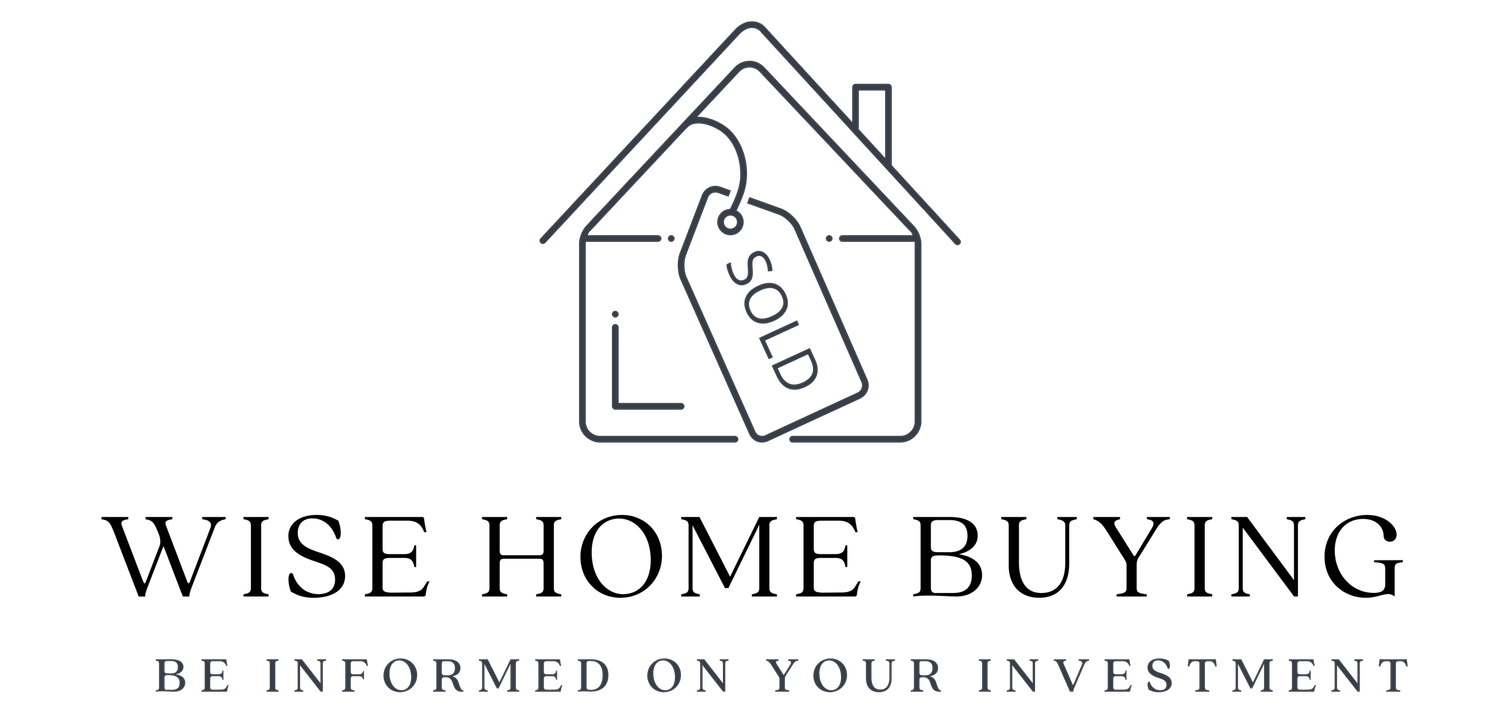Buying a House with Bad Credit
Buying a House with Bad Credit
Although buying a home with bad credit is possible, it can be a challenge. According to CNBC, credit scores range from 300 to 850, and potential borrowers within a specific range can meet the requirements for mortgage loans. When home buyers have a low credit score, it can make it hard for them to obtain a mortgage. To lenders, having a low credit score can mean the home buyer is unwilling to repay their debts, a risk many lenders are not willing to take.
Other Eligibility Factors
According to Credible, while the home buyer's credit score is one of the most critical factors in their eligibility to get a home loan, it's not the only one. Other factors include:
Down Payment: Traditional lenders will require approximately 20% of the total cost down, but government loans might only require as much as 5% for the down payment. Each lender will dictate the specific terms of the loan including down payment, loan term, escrow details, fees, and interest rate.
Debt to Income Ratio: A buyer should ideally keep their debt ratio to less than 35% of their total income. Most lenders will not provide a loan to someone who has greater than 50% debt to income ratio.
Cash Reserves: In some cases, the buyer may be required to have several months of mortgage payments (in addition to their down payment!) saved up when they have a low credit score or a low-down payment. Keep in mind that many financial institutions will place a limit on how much money can be “gifted” towards home financing because this does not reflect on the buyer’s ability to pay on the loan long-term.
Government Loans
According to U.S News and World Report, depending on the type of loan, either conventional or government backed and the lender that is used, will determine the minimum credit score that is required. A loan that is backed by the government is insured by the federal government; this protects the lender if the buyer defaults on their home loan. This warranty makes it easier for homebuyers to qualify for a government-backed loan than a conventional loan. Mortgage programs are limited for those with FICO scores at or around 600, and the buyer's choice may include the Federal Housing Administration loan, which requires a score of 580 or 600 depending on the down payment. Other options may consist of loans without a minimum credit score, such as a Department of Veterans Affairs or U.S. Department of Agriculture loan. Homebuyers with bad credit may end up with higher mortgage rates which means they will pay out more money in the long run. Many programs are designed for first-time home buyers to help them qualify for a loan because most first time buyers have a lower credit score due to a lack of prior credit history.
Getting Started
According to Businessinsider, buying a house with bad credit requires:
1. Getting copies of credit reports can help the buyer understand what affects their credit score positively and negatively. A credit report shows personal information like payment history and whether the buyer has filed for bankruptcy.
2. Consulting with a counselor from the HUD will help the buyer to understand their financing options, eligibility for financial assistance programs, as well as learn about the buying process.
3. A house is an investment, but it requires a large down payment to receive financing (often 20% down). Buyers with bad credit should set aside a larger down payment to qualify for better mortgage rates. First time buyers might be eligible for assistance programs that will accept a much lower percentage down.
4. Keep in mind that a house comes with various expenses; both annual, monthly, and occasional. The buyer should calculate these expenses before buying the house and create a budget to estimate whether they can afford to live in the house while paying utility bills, taxes, insurance, performing routine maintenance and occasional home repairs, and other fees like HOA or lawn care. Don’t forget to include the initial cost for new furnishings, paint, and décor so that you can personalize your new place!
Set a Goal Today!
Although your credit score might not be ideal, you are the only one who can take steps towards improving it! Over time, with bills paid, debts paid off, and regular paychecks, you can improve that credit score and be eligible to refinance your mortgage at a lower rate. In the meantime, you might be eligible to buy a house despite the bad credit score!



